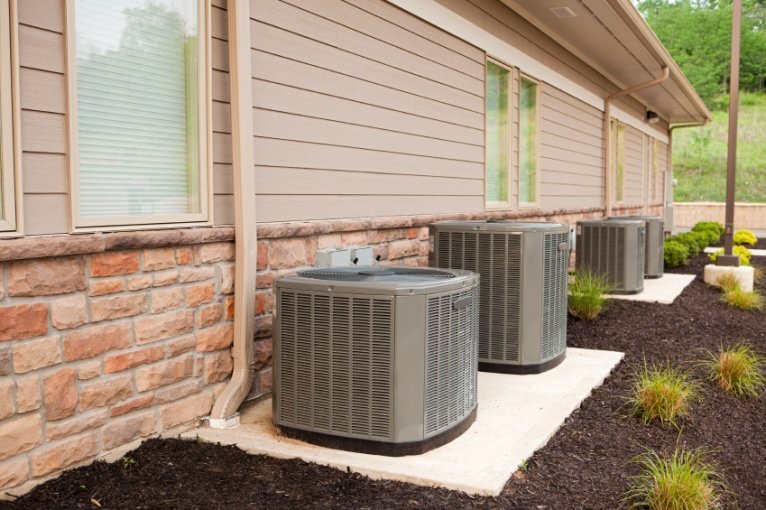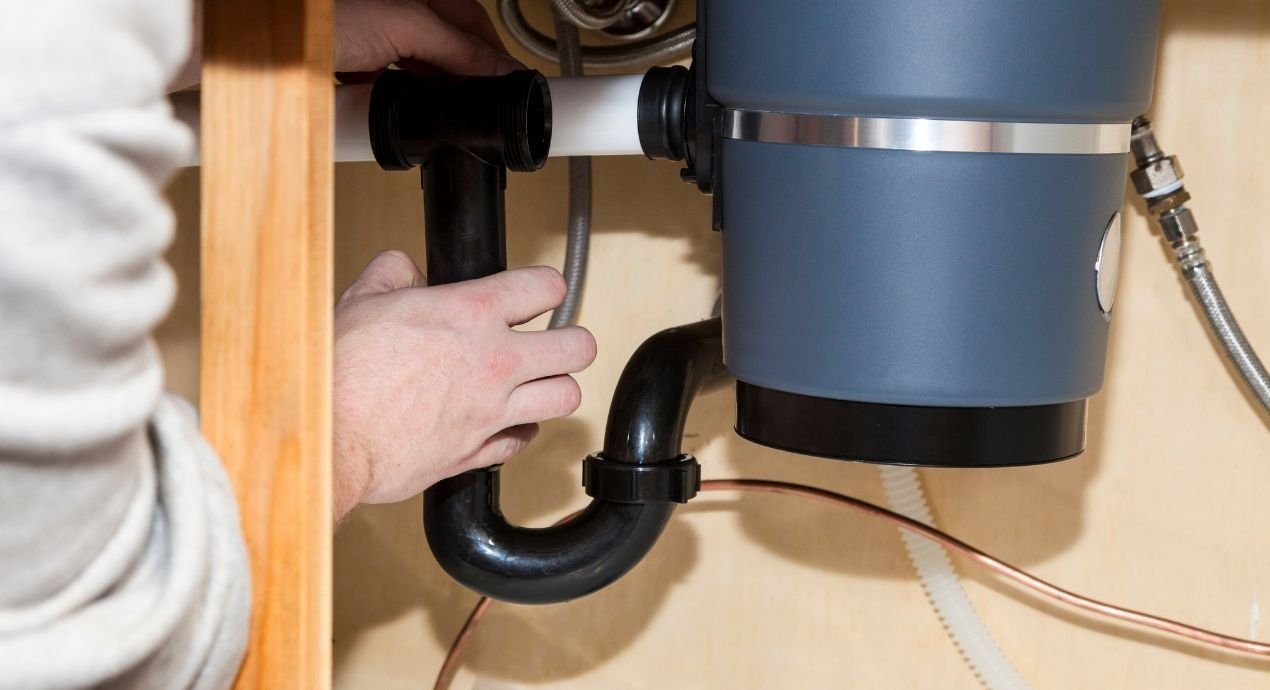Table of Contents
ToggleWhat Type of AC is Best for Your Home
When it comes to keeping your home cool and comfortable, choosing the right air conditioner is essential. There are several types of air conditioning units and systems available, each with its own advantages and disadvantages.
By understanding the different options and considering factors such as efficiency, cost, installation, and cooling capabilities, you can make an informed decision on which type of air conditioner is best for your home.
The best air conditioners brands on the market
Window Air Conditioners
Window air conditioners are a popular choice for cooling single rooms or apartments. They are relatively small, portable, and easy to install without professional help. Unlike other types of air conditioners, window units are generally less expensive, making them an affordable option for many homeowners.
One of the main advantages of window air conditioners is their efficient cooling capabilities. They can quickly and effectively cool a room, providing relief from hot and humid weather. This makes them particularly useful during the summer months when temperatures soar.

Pros of Window Air Conditioners:
- Relatively small and portable
- Easy to install without professional help
- Cost-effective compared to other types of air conditioners
- Efficient cooling capabilities
However, it’s important to consider the limitations and drawbacks of window air conditioners. While they can effectively cool a single room or apartment, they are not suitable for cooling an entire house. They have a limited cooling capacity and may struggle to maintain consistent temperatures in larger spaces.
Another consideration is that window air conditioners occupy space on the window, blocking the view and limiting access. This can be inconvenient, especially if you have a beautiful view or if you need to open and close the window frequently.
Noise can also be a downside of window air conditioners. The compressor and fan inside the unit can create a noticeable noise level, which may be bothersome to some individuals, especially during sleep or relaxation times.
Cons of Window Air Conditioners:
- Not suitable for cooling an entire house
- Block the window view and access
- Potential noise from the compressor
Window air conditioners offer a convenient and cost-effective solution for cooling single rooms or apartments. They provide efficient cooling capabilities and are easy to install without the need for professional assistance.
However, they have limitations in terms of cooling capacity and may obstruct the window view and access. Consider your specific needs and circumstances when deciding if a window air conditioner is the right choice for your cooling requirements.
Portable Air Conditioners
Portable air conditioners provide a convenient cooling solution for those who want flexibility in their home cooling setup. These units are similar to window a/c but can be easily moved from room to room, providing cooling wherever you need it most.

Pros of Portable Air Conditioners
One of the significant advantages of portable air conditioners is their easy setup. They do not require installation or any modification to your windows or walls, unlike window units or ductless mini-split systems. Simply plug them into a standard electrical outlet, vent the hot air out through a window or sliding door using an included exhaust hose, and you’re ready to enjoy cool comfort.
Another benefit of portable air conditioners is that they do not obstruct your window view. Unlike window units that sit in your window frame, portable units are designed to be placed on the floor and vent the hot air through a small hose. This means you can still enjoy natural light and an unobstructed view of the outside without sacrificing comfort.
Cons of Portable Air Conditioners
However, it’s important to consider the limitations of portable air conditioners. While they are effective at cooling smaller spaces, they tend to have lower cooling capacities than advertised. This can make them less efficient in hot climates or larger rooms where higher cooling power is required.
Ductless Mini-Split Air Conditioners
Ductless mini-split air conditioners are a popular choice for homeowners looking to cool specific areas of their homes or for those living in older houses without ductwork. These systems provide flexible cooling to individual rooms, offering personalized comfort and energy efficiency.

Pros of Ductless Mini-Split Air Conditioners
One of the main advantages of ductless mini-split air conditioners is their quiet operation. Unlike window or portable units that can produce disruptive noise, mini-splits operate silently, allowing for a tranquil and peaceful environment in any room.
Another benefit of ductless mini-split air conditioners is improved home security. Since these systems don’t require an open window for installation, they can provide a more secure solution compared to window or portable units. This is especially important for ground-level rooms or when cooling upper-level rooms where window access may be limited.
In summary, ductless mini-split air conditioners offer the flexibility to cool individual rooms, operate quietly, and provide increased home security.
Cons of Ductless Mini-Split Air Conditioners
- High Initial Cost and Complex Installation.
- Aesthetic Issues with visible indoor units.
- Regular Maintenance required.
- Limited Range necessitating multiple units for large homes.
- Electricity Use can be significant.
- Noise Levels may be bothersome.
- Condensation Problems and Complex Repairs.
- Not Suitable for all home designs.
However, they come with a higher price tag and require professional installation. Consider these pros and cons when deciding if ductless mini-split air conditioners are the right cooling solution for your home.
Central Air Conditioning Systems
When it comes to cooling an entire home, central air conditioning systems are the go-to choice for many homeowners. These systems offer comprehensive and efficient cooling by utilizing ductwork to distribute cooled air throughout every room.

Pros of Central Air Conditioning Systems
Additionally, central air conditioning systems have the added benefit of providing heating during the colder months, making them a versatile option for year-round indoor comfort. While central air conditioning systems require professional installation and ongoing maintenance, their advantages outweigh the initial costs.
One major advantage is improved indoor comfort. With central air conditioning, you can achieve a consistent and comfortable temperature throughout your entire home, eliminating the need for individual cooling units in each room.
Cons of Central Air Conditioning Systems
- High Installation Cost and Energy Consumption
- Requires Regular Maintenance for system and ductwork
- Duct Issues like leaks and clogs
- Noise from the outdoor unit
- Air Quality Concerns from dust and allergens in ducts
- Initial Disruption during installation
Despite the numerous advantages, it’s important to consider the potential cons of central air conditioning systems. Besides the high upfront costs, especially if ductwork needs to be installed, homeowners must be diligent about regular maintenance to ensure optimal performance.
However, the benefits of superior indoor comfort, energy efficiency, and longevity make central air conditioning systems a popular and worthwhile investment for many homeowners.
Make the right choice
The size, cost, and infrastructure of your house are just a few of the variables that go into choosing the ideal air conditioning system for you. To aid in your decision-making, let me quickly recap:
- For centralized temperature management and whole-home cooling, central air systems are effective.
- In spaces without ductwork, ductless mini splits supplement central air conditioning by providing precise control for individual rooms.
- Although they are less expensive, window, floor-mounted, and portable air conditioners are only good for cooling single rooms.
- Efficiency is important, so be sure your system is the appropriate size for your room and always check its SEER rating.
- Improvements can make you more comfortable, so think about extra features and the right size for a better fit.
How to choose the best air conditioner for your home
Are you ready to make your home your place of comfort? Let our experts help and guide you to the perfect air conditioning solution for all your needs.
At Dr. House. Inc we understand the importance of a pleasant home, for that reason we offer free estimates for our clients. Contact us today for personalized and comprehensive assessment recommendations that align with your home’s requirements and your budget!




